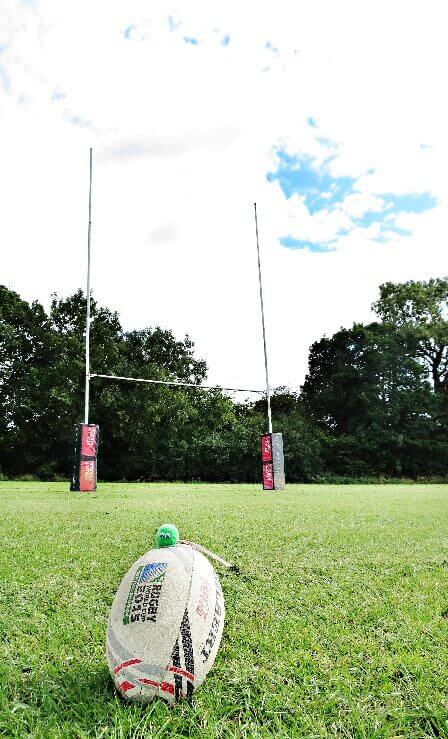Rugby World Cup 2019 – languages and translation in rugby
The 2019 Rugby World Cup kicks off today in Japan with the first game featuring the hosts Japan against Russia. The tournament will go on throughout October, culminating with the final on 2nd November. International sporting tournaments are, more often than not, a welcome celebration of different cultures from around the world. Cultures which are manifest, not only in the colourful support in the stadiums but frequently in the sporting identities of the teams playing.

We’ve discussed many times in our blogs how culture and language go hand-in-hand, and so today we’re looking at some of the languages which will feature at the World Cup, and some of the intrinsic language of rugby.
The opening fixture, Japan versus Russia will feature two countries that, despite their proximity, have very different official languages and cultures. Spoken by 128 million people, Japanese is a member of the Japonic language family, which employs Kanji characters in its written script. Russian meanwhile, is an East Slavic language with 150 million native speakers which is written in Cyrillic script. The Japanese word for rugby isラグビー (pronounced Ragubī) and is one example of Wasei-eigo which is the Japanese practice of incorporating foreign (generally Western) terms into Japanese. The Russian rugby team is nicknamed ‘The Bears’ (Медведи) evoking the Eurasian brown bears native to Russia. The Japanese side meanwhile go by Cherry or Brave Blossoms after the flowering trees Japan is famous for.
It’s also interesting to look at the etymology of some of the terminology, intrinsic to rugby, in the English lexicon. The word ‘Scrum’ is derived from ‘scrimmage’ which itself stems from the word ‘skirmish’ – certainly an apt term for what goes on in a rugby scrum. The meaning of ‘ruck’ comes from the 16th century word for a throng or crowd of people or things; a mass, a pack. Again, certainly a fitting description for what happens during a ruck in rugby. The name of the sport itself, Rugby, comes from the location of the Public School from which the sport originates.
Of the 20 countries playing in the World Cup, 12 have English as an official language. Along with the home nations (England, Scotland, Wales and Ireland) Canada, Australia, New Zealand, Fiji, Samoa, Tonga, South Africa and Namibia have English as at least one of their official languages. English of course is also predominantly spoken in the USA, but is not an ‘official’ language (the USA has no ‘official’ languages). In this list of countries, official languages other than English include: Afrikaans, Zulu, Fijian, Tongan, Samoan, Canadian French, Oshiwambo and Welsh, along with many others. From the non-English speaking countries there will also be Latin American Spanish (Uruguay and Argentina), Italian, French and Georgian.
Such international events are wonderful opportunities to celebrate the differences between our individual cultures while at the same time, our similarities as human beings. In a world that at times can seem so divided, these unifying occasions are more important than ever. So if you’ll be watching over the next 6 weeks or so, let’s hope we’re in for an exciting tournament and best of luck to whomever you support.














